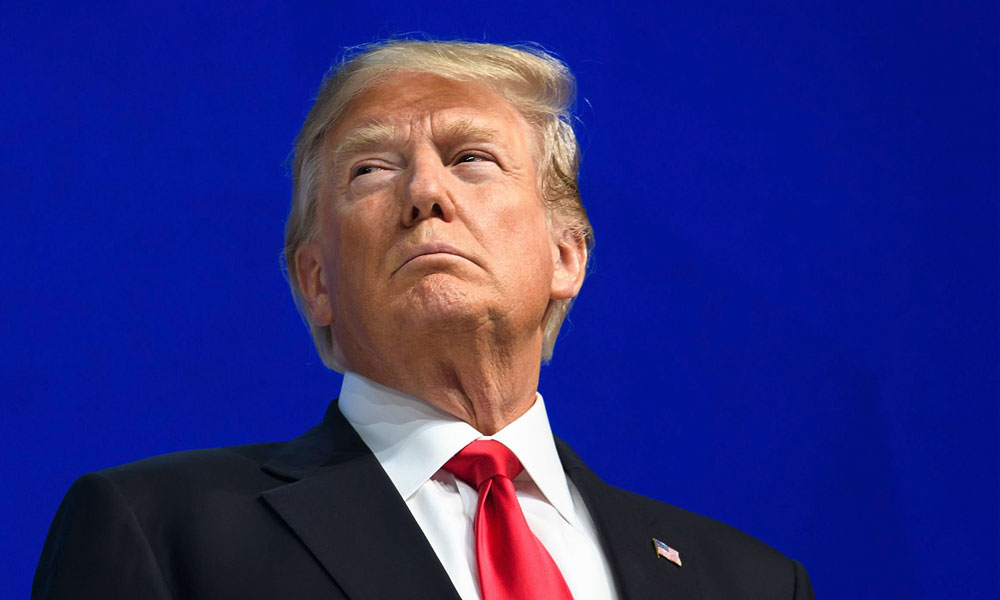Eleven countries will sign a landmark Asia-Pacific trade agreement, without the United States (US) in Santiago, Chile, on Thursday, in what one minister called a powerful signal against protectionism and trade wars.
The signing ceremony comes the day after Europe and the International Monetary Fund urged US President Donald Trump to step back from the brink of a trade war focused on steel and aluminium imports.
The Comprehensive and Progressive Agreement for Trans-Pacific Partnership (CPTPP) will reduce tariffs in countries that together amount to more than 13 percent of the global economy - a total of $10 trillion. With the United
States, it would have represented 40 percent.
Heraldo Munoz, Chile's minister of foreign affairs, told a news conference the agreement was a strong signal "against protectionist pressures, in favour of a world open to trade, without unilateral sanctions and without the threat of trade
wars."
"We will be giving a very powerful signal," he said after giving a joint statement with counterparts from Canada and New Zealand.
Even without the United States, the deal will span a market of nearly 500 million people, making it one of the globe's three largest trade agreements, according to Chilean and Canadian trade statistics.

The original 12-member agreement, known as the Trans-Pacific Partnership (TPP), was thrown into limbo early last year when Trump (photo) withdrew from the deal just three days after his inauguration in a bid to protect US jobs.
The 11 remaining nations, led by Japan and Canada, finalized a revised trade pact in January. It will enter force when at least six member nations have completed domestic procedures to ratify the agreement.
The revised TPP agreement, to be signed at 3 pm (1800 GMT) Thursday, eliminates some requirements of the original TPP demanded by US negotiators. Those include rules ramping up intellectual property protection of pharmaceuticals, which governments and activists of other member nations worried would raise the costs of medicine.
The final version of the agreement was released in New Zealand on Feb 21. The member countries are Australia, Brunei, Canada, Chile, Japan, Malaysia, Mexico, New Zealand, Peru, Singapore and Vietnam.
"We´re proud ...to show the world that progressive trade is the way the forward, that fair, balanced, and principled trade is the way forward, and that putting citizens first is the way forward for the world when it comes to trade," Canadian Trade Minister Francois-Phillippe Champagne said.
In January, Trump, who also has threatened to dump the North American Free Trade Agreement, told the World Economic Forum in Switzerland that it was possible Washington might return to the TPP pact if it gets a better deal.
However, New Zealand's trade minister said that was unlikely in the near term, while Japan has said altering the agreement now would be very difficult.
Trump promised on Thursday to show flexibility and cooperation toward "real friends" as he prepared to propose import tariffs on steel and aluminium.
Canadian Prime Minister Justin Trudeau said earlier on Thursday he was confident his country's close relationship with the United States will protect it from the tariffs.
--Reuters

